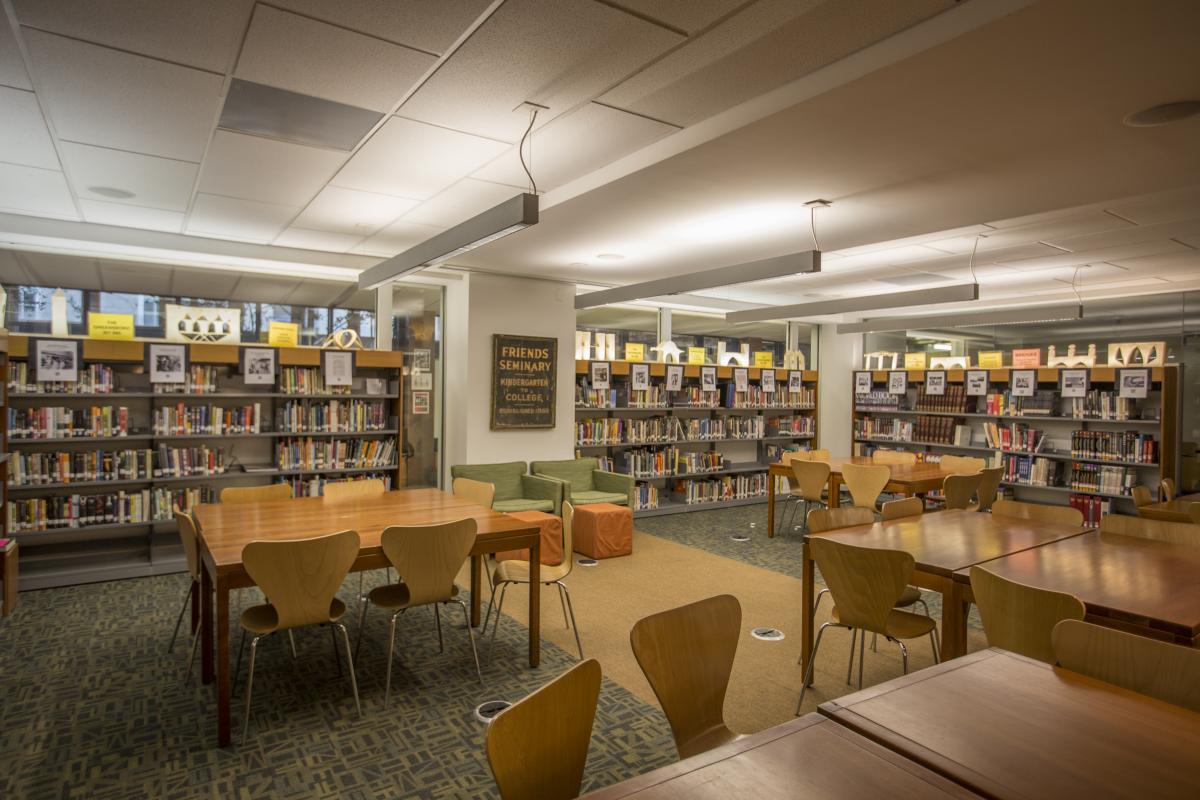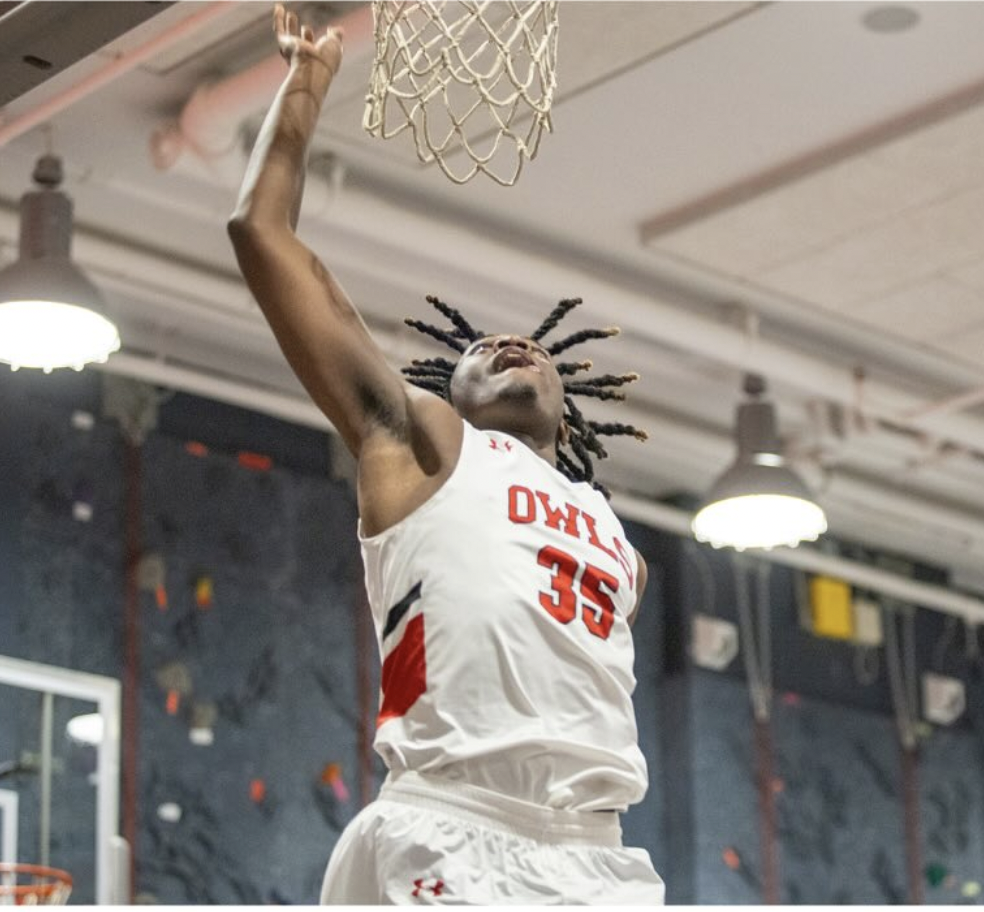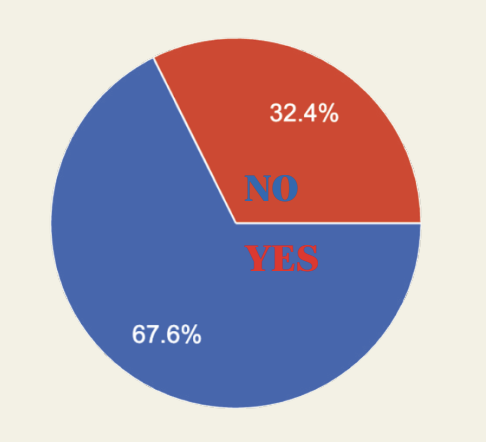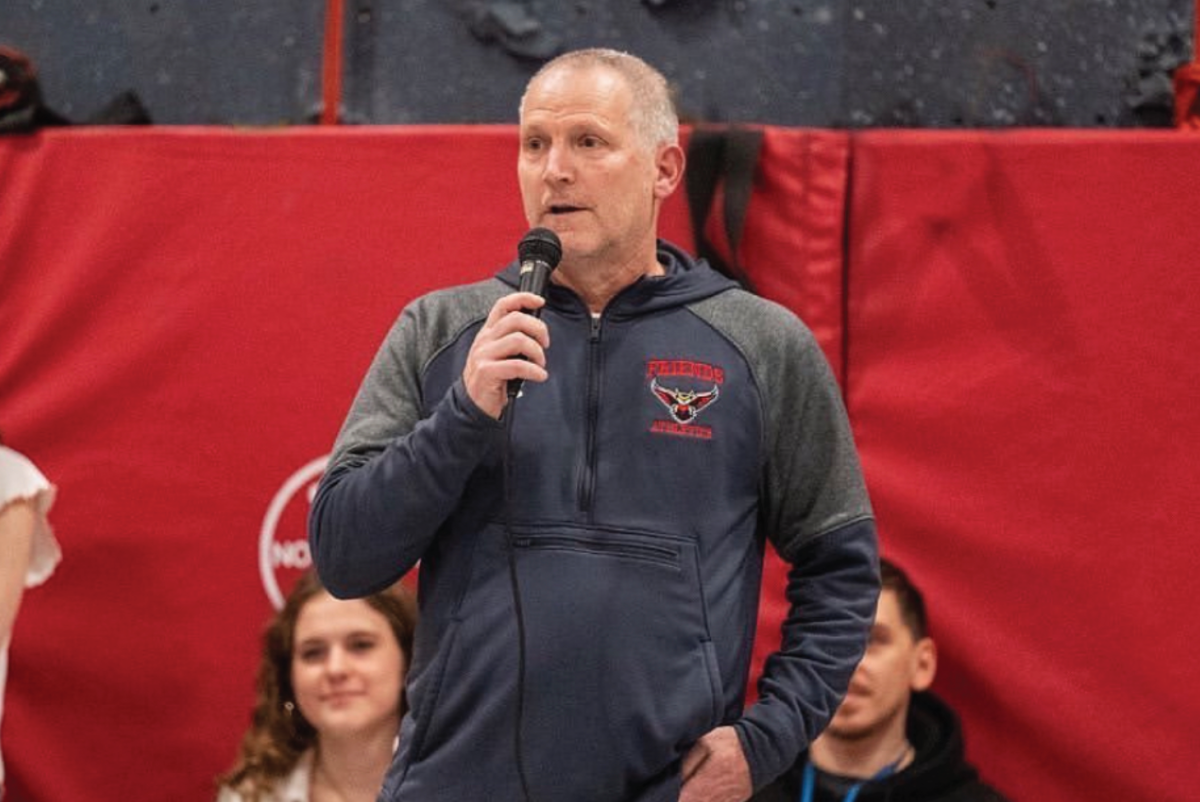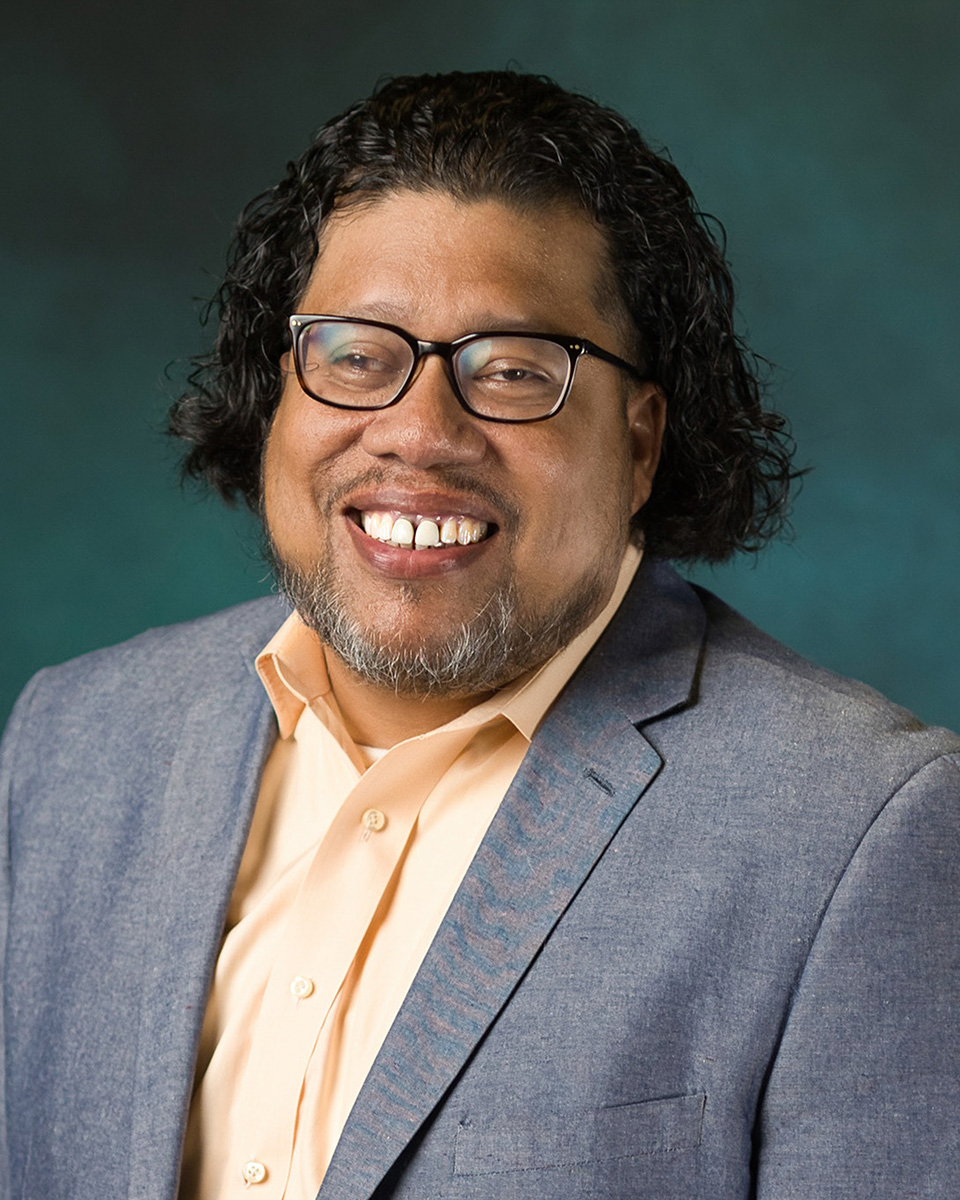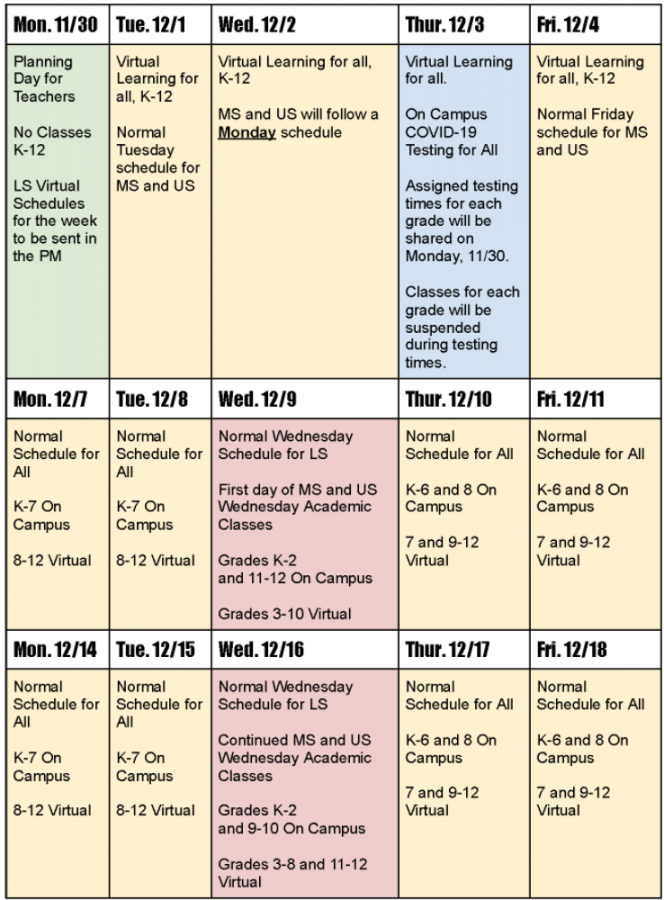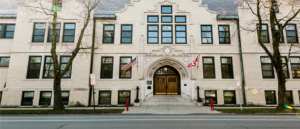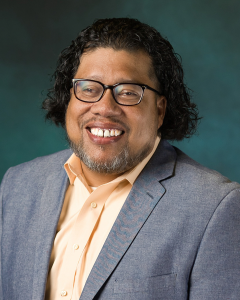Student petition calls for revised Wednesday schedule
This revised Wednesday schedule, which students have opposed in an anonymous petition, was sent to the school in an email from Head of School Bo Lauder last week.
December 2, 2020
Friends Seminary altered Wednesday programming for upper schoolers by implementing an academic day in place of in-person advisory meetings and limited grade-wide gatherings. Released in an all-school email on Wednesday, November 25th, the changes were in line with those made by the Lower and Middle School divisions in response to an increased COVID-19 infection rate in New York City.
Within hours of the letter’s release, an anonymously published petition calling for a return to the previous schedule circulated throughout the eleventh grade before being shared with the school community. By the day’s end, the petition had already surpassed 100 signatures.
Prior to Thanksgiving Break, Wednesdays consisted of small, cohort-based meetings with a few minutes for outdoor grade-wide congregation. Wednesdays had students on-campus from 9am until 12pm, and offered remote tutorials in the afternoon for specialized meetings with teachers.
The petition’s authors argue that Wednesdays have operated as a valuable “source of relaxation” without “academic obligation[s]” that allow students to take a break from excessive screen time. In a letter released on Sunday, Upper School Head Kate Reynolds said that the changes address student and parent sentiments, and that the “the benefits of academic programming outweigh the difficulties of creating in-person social and emotional programming.”
The petition writers suggest that a fifth day of remote school will increase “Zoom fatigue” – exhaustion that comes from staring at a computer screen through the school day. In response to this concern, Kate Reynolds clarified that all classes scheduled to meet three times per week would be required to meet only two times, with the exception of AP classes, which will hold three class meetings per week. “[AP classes] desperately need additional class time to cover course content,” she said.
Concerns about increased Zoom fatigue may be mitigated by implementing asynchronous classes on those Wednesdays not spent on campus, as the revised plan outlines. This is in-line with the initial Wednesday plan that did not require students to log on to classes or other meetings.
Along with schedule-based complaints, the petition expressed frustration with “both the abruptness and lack of communication with which [the decision to alter Wednesday plans]” was made. According to the petition’s authors, in contrast to the “unconsulted and apparently overnight change,” prior decisions were made with an “abundance of communication between the student body and the faculty.”
School surveys sent throughout the fall tapped into both concerns about Wednesday programming and “overwhelmingly positive” sentiments about in-person academics. The petition noted these results, expressing “fear[s] that the student body’s desires may have been lost in translation.” Instead of an in-person academic day, the petition suggested adding in-person academics to replace one of four academic days that already exist. Not only does this proposal mitigate excess academic burden, but it stops disruptions during the weeks before winter break when teachers finish up their semester curricula and levy major assignments. Petition authors described this time as the “busiest part of the semester.”
Going forward, changes are expected to be announced regarding second semester scheduling, which may provide an opportunity for the student body’s concerns raised in the petition to be considered.

